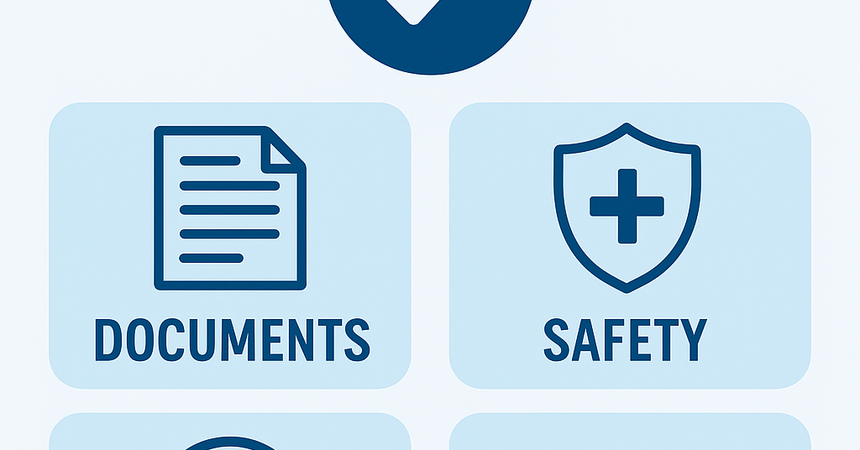Israel is a highly developed market with strong positions in medicine, pharmaceuticals, IT, and industry. Entering this market requires more than just a competitive product: compliance with local standards and certification is essential. For foreign companies, this process may seem complex, as it has specific features that differ from other countries.
Role of the Standards Institution of Israel (SII)
The central authority in certification is the Standards Institution of Israel (SII). It:
- develops national standards;
- conducts product testing;
- issues certificates of compliance;
- monitors enforcement of mandatory requirements.
Key Features of Certification in Israel
1. Mandatory Localization of DocumentationAll materials (manuals, technical descriptions, certificates) must be available in Hebrew. This is both a legal requirement and a consumer protection measure.
2. Strict Safety Requirements
Israel pays special attention to product safety, especially in sectors such as:
- medical devices;
- pharmaceuticals;
- children’s products;
- electrical equipment.
Certification can take several weeks to several months, depending on the product category and the need for additional testing.
4. Connection with International Standards
Although Israel is a member of several international organizations (e.g., ISO and IEC), local confirmation of compliance is often required — direct recognition of foreign certificates is limited.
5. Customs and Import Barriers
Without proper certification and labeling, goods may be held at customs. Therefore, certification should be planned well in advance.
Tips for Foreign Companies
- Start preparing for certification early.
- Ensure you have a local representative or partner in Israel.
- Check whether your product requires additional adaptation to local standards.
- Work only with accredited laboratories and certification centers.
Conclusion
The Israeli market offers wide opportunities for foreign companies, but entry is impossible without careful compliance with certification requirements. Proper understanding of the local standards system helps avoid delays, fines, and extra costs.WorldWideBridge will guide you through all certification stages in Israel — from requirement analysis to obtaining final certificates. We provide a professional, fast, and turnkey solution.
